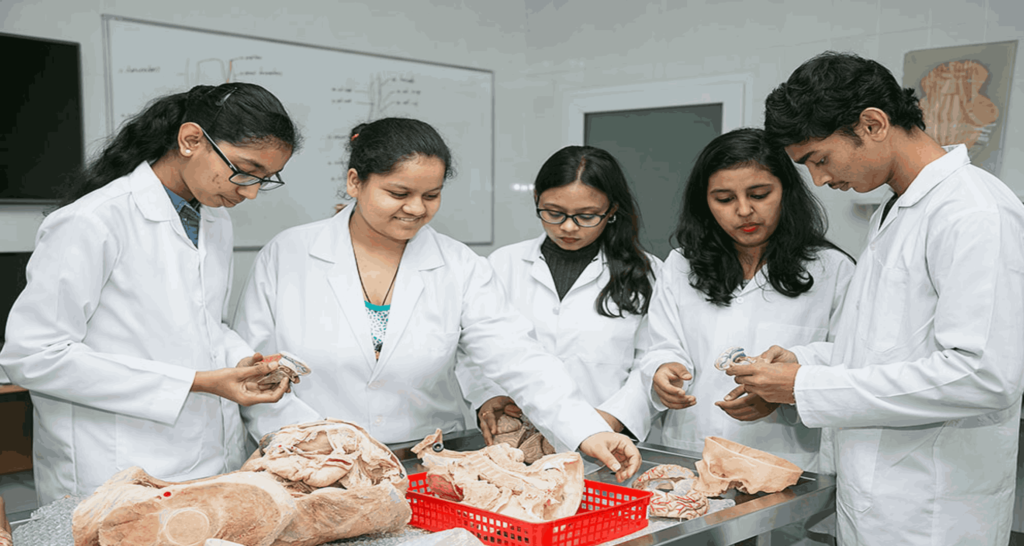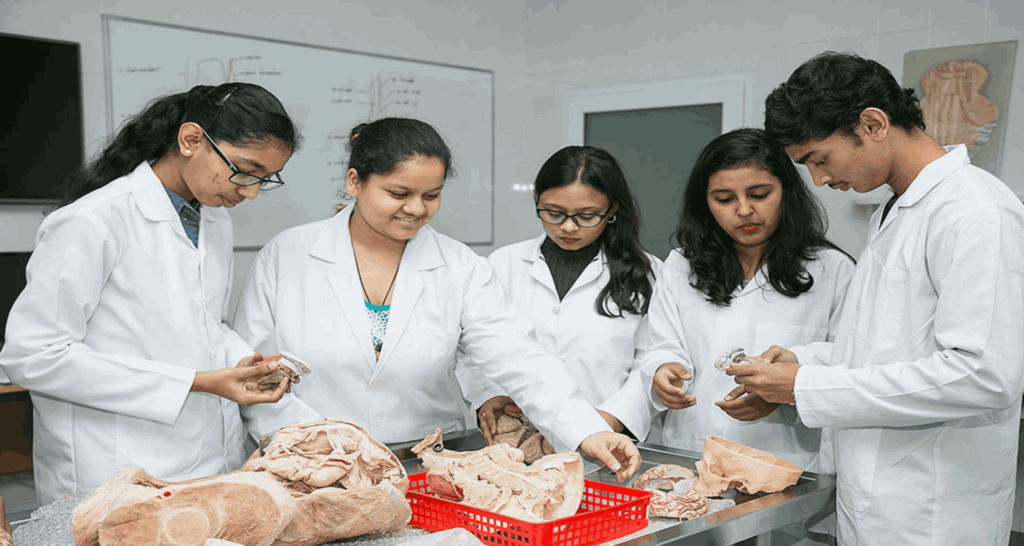
Tips for students studying abroad before they leave for their chosen country
Preparation before Departure 1. Research Your Destination: Learn about the culture, climate, and customs of your destination country. Understand the academic environment and expectations. 2. Documentation: Ensure your passport is valid for the duration of your stay. Obtain the necessary visa and any additional documentation required by your host country and institution. Keep copies of all important documents, including your passport, visa, acceptance letter, and health insurance. 3. Health and Safety: Schedule a medical check-up and ensure all vaccinations are up to date. Purchase comprehensive health insurance that covers you while abroad. Familiarize yourself with the healthcare system in your destination country. 4. Financial Preparation: Open a bank account that you can access internationally or consider opening an account in your destination country. Arrange for enough funds to cover initial expenses like accommodation deposits, transportation, and food. Understand the cost of living in your destination country and budget accordingly. 5. Accommodation: Arrange for accommodation in advance or at least have temporary lodging for your initial days. Familiarize yourself with the area where you will be living. 6. Travel Arrangements: Book your flight well in advance. Plan your transportation from the airport to your accommodation. Upon Arrival 1. Cultural Adaptation: Be open-minded and respectful of cultural differences. Learn basic phrases in the local language if it’s different from your own. 2. Networking: Connect with other international students and join student groups or organizations. Build a support network both with locals and fellow international students. 3. Academics: Attend orientation sessions offered by your institution. Meet with academic advisors to understand your course requirements and academic expectations. 4. Health and Well-being: Register with a local doctor or healthcare provider. Take care of your mental health by staying connected with family and friends back home, and seek support if you feel overwhelmed. 5. Local Laws and Regulations: Familiarize yourself with local laws and regulations to avoid any legal issues. Use apps like WhatsApp, Skype, or Zoom to stay in touch with family and friends. Everyday Life 1. Communication: Set up a local phone number and internet connection. Understand your rights and responsibilities as an international student. 2. Budgeting: Monitor your spending and keep track of your budget. Look for student discounts and deals to save money. 3. Safety: Stay aware of your surroundings and avoid risky situations. Know emergency contact numbers in your destination country. 4. Explore and Engage: Take time to explore your new environment and participate in local activities and events. Make an effort to understand and appreciate the local culture. By preparing thoroughly and staying adaptable, your transition to studying abroad can be smoother and more enjoyable. Safe travels and best of luck in your studies!
Tags:
Career, Scholarships, Jobs.





















